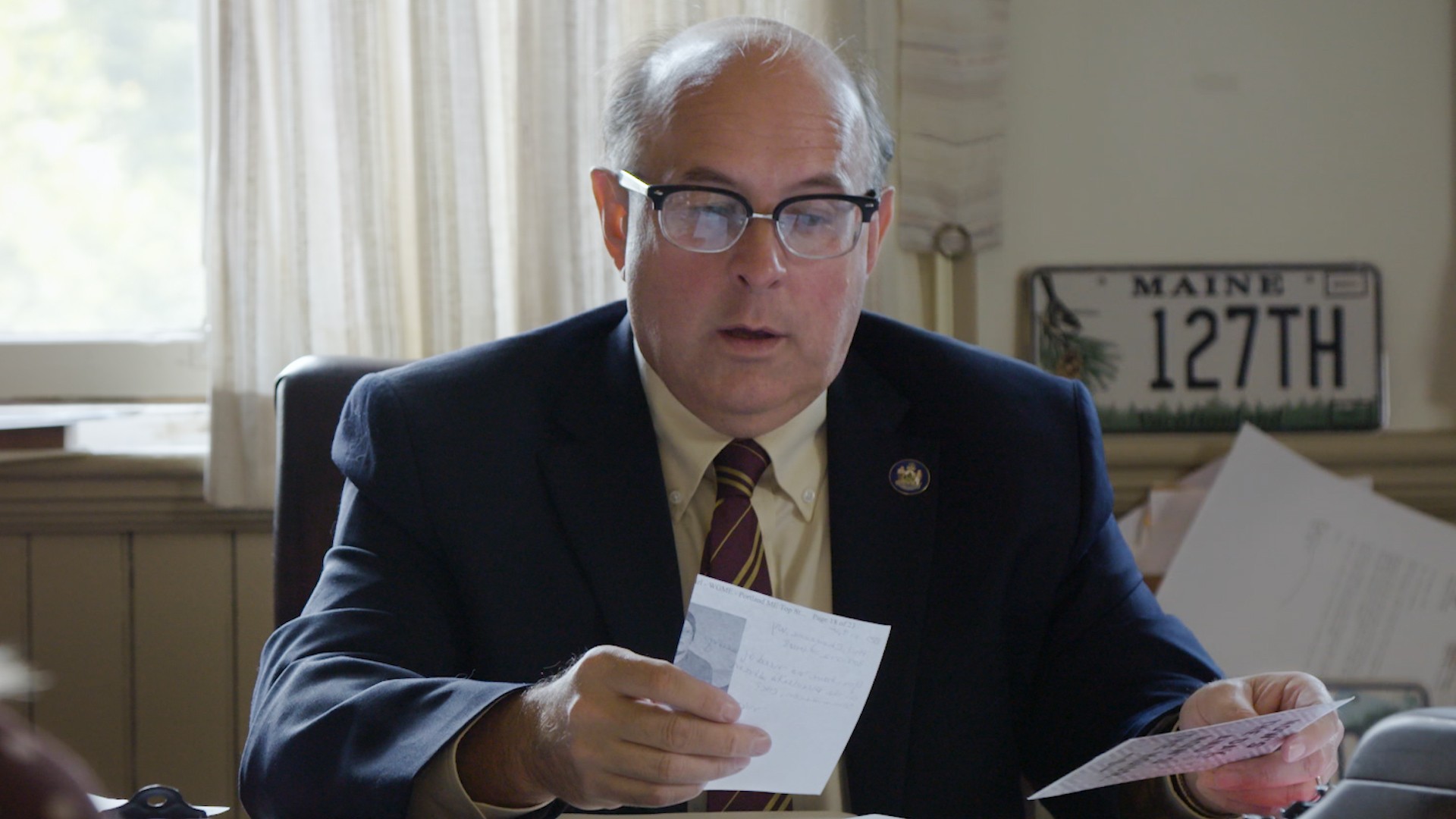President Donald Trump apparently still believes rampant voter fraud cost him the Electoral College, but as of Wednesday, he’s no longer trying to do anything about it.“Despite substantial evidence of voter fraud, many states have refuse to provide the Presidential Advisory Commission on Election Integrity with basic information relevant to its inquiry,” said a statement from the White House, attributed to Trump, released Wednesday night. “Rather than engage in endless legal battles at taxpayer expense, today I signed an executive order to dissolve the Commission, and have asked the Department of Homeland Security to review these issues and determine next courses of action.”The demise of the committee marks the end of Trump’s months-long effort to prove that the 2016 election was riddled with voter fraud — a claim Trump first tweeted just days after his victory.Just two months later, the task force faced yet another legal issue. Maine’s Secretary of State Matthew Dunlap filed a complaint against the task force — which he was a member of. Dunlap, a Democrat, didn’t believe that the commission would uncover any evidence of voter fraud, but thought that his authority and expertise could help defend states’ elections.“I thought the advisory committee was a good chance to talk about what we do right and get that information to Congress, to the legislatures, through the bully pulpit of the president’s advisory commission,” Dunlap said. But, “We never seemed to really get off the ground.”He also found himself being iced out: The commission’s leaders dodged his questions, Dunlap said, and he was forced to learn about task force activities through the press. A judge ruled in favor of Dunlap’s complaint in December, and Dunlap said he was preparing to send a letter to the commission asking for information on Wednesday, just hours before he got an email announcing that the White House had dissolved it.Several years ago, Dunlap served on a local committee tasked with dealing with the local population of deer. The committee met publicly several times over the course of a year, he recalled, and spoke with several experts.“We had more information flow in a local task force about whitetail deer,” he said, “than I got on a national commission on election integrity.”Dunlap, however, still isn’t optimistic about future Trump administration efforts to curtail election fraud — now that the Department of Homeland Security is in charge of the issue, he said, voter suppression may be an even greater threat.
Advertisement
It’s perhaps unsurprising that the commission, in trying to unearth evidence evidence of a phenomenon that multiple investigations have concluded doesn’t exist, frequently found itself at the center of a controversy.In June, the task force asked all 50 states to turn over detailed information on voters, but several states refused, and a number of civil rights groups sued to stop the effort. Mississippi Secretary of State Delbert Hosemann, a Republican, declared that commission officials “can go jump in the Gulf of Mexico and Mississippi is a great state to launch from." (That colorful attack was far from the only one lobbed at the commission — in July, the task force released a number of documents related to its activities, including multiple profanity-laced emails sent to the commission by American constituents.)The commission’s head, Kansas Secretary of State Kris Kobach, then wrote a Breitbart column in September, in which he alleged that 5,000 people had voted illegally in New Hampshire. Election law experts say that there is no proof to back up Kobach’s claim.“He is a federal official who is alleging that 5,000 people committed felonies,” Justin Levitt, an elections law expert at Loyola Law School, told VICE News at the time. “It’s deeply disturbing that the person who is tasked with leading the commission on finding ways to restore confidence is running his mouth without proof.”
Advertisement
